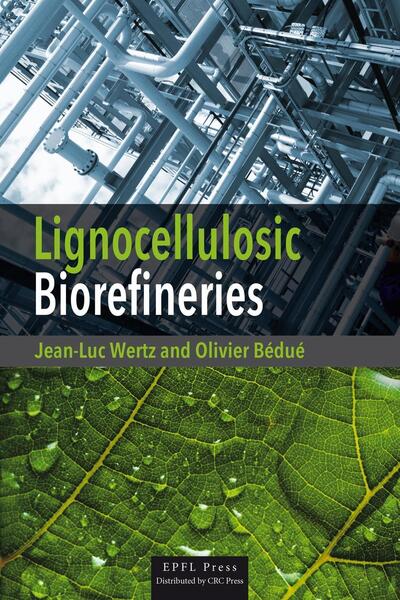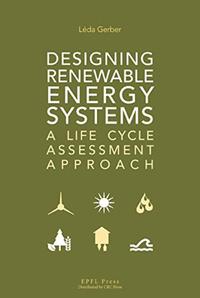Nous utilisons des cookies pour améliorer votre expérience. Pour nous conformer à la nouvelle directive sur la vie privée, nous devons demander votre consentement à l’utilisation de ces cookies. En savoir plus.
LIGNOCELLULOSIC BIOREFINERIES
EAN : 9782940222681
Paru le : 28 juin 2013
-
 Livraison gratuite
Livraison gratuite
en France sans minimum
de commande -
 Manquants maintenus
Manquants maintenus
en commande
automatiquement -
 Un interlocuteur
Un interlocuteur
unique pour toutes
vos commandes -
 Toutes les licences
Toutes les licences
numériques du marché
au tarif éditeur -
 Assistance téléphonique
Assistance téléphonique
personalisée sur le
numérique -
 Service client
Service client
Du Lundi au vendredi
de 9h à 18h
- EAN13 : 9782940222681
- Réf. éditeur : G16866
- Collection : EPFL-PRESS
- Editeur : Pu Polytechnique
- Date Parution : 28 juin 2013
- Disponibilite : Epuisé
- Barème de remise : NS
- Nombre de pages : 528
- Format : 3.50 x 16.50 x 24.70 cm
- Poids : 1.388kg
- Interdit de retour : Retour interdit
-
Résumé :
One of the great technological issues of this 21st century involves the effort of man to man- age climate change through the reduction of fossil-fuel consumption. Part of this plan calls for the gradually replacement of petroleum refineries with biorefineries that use biomass as its renewable feedstock. Lignocellulosic biomass represents a huge potential reservoir for the production of renewable energy, chemicals and materials, which could have a significant impact in our society's efforts to manage greenhouse gas emissions while reducing petro- leum consumption. The book describes the current status, development, and future prospects for the critical technology of second-generation biorefineries, specifically with a focus on lignocellulosic materials as feedstock.
The book will primarily serve scientists and engineers in chemistry and biochemistry, working both in academia and in industry. But with its careful development of the main points, and many dozens of color illustrations, it is also accessible to a broader public, such as policy makers and students.











